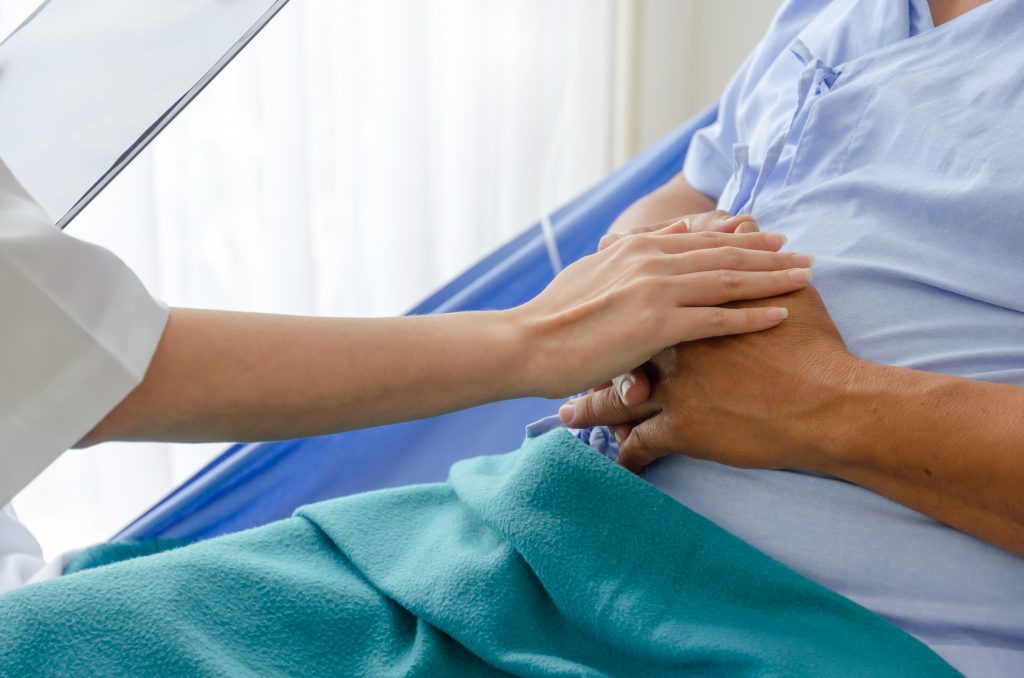
- ARAB NEWS
- 13 Jul 2025

TOKYO: The occupancy rates for hospital beds for novel coronavirus patients are rising sharply in many parts of Japan amid the rapid spread of the highly contagious BA.5 omicron subvariant.
The occupancy rates have already reached 50 percent or over in 20 of the country’s 47 prefectures, with four prefectures seeing their rates standing at 70 percent or higher.
With experts expressing concern over strains on medical care systems, the Japanese government is expected to face difficult decisions on how to handle the situation although it is currently cautious about imposing restrictions on people’s movements.
As of Wednesday, the southernmost Japan prefecture of Okinawa had the highest COVID-19 hospital bed occupancy rate, at 88 percent, followed by Kanagawa, at 74 percent, Shizuoka, at 74 percent, and Wakayama, at 70 percent, according to the Cabinet Secretariat.
On Thursday, new COVID-19 infections confirmed across the country exceeded 230,000 to hit a record high for the second straight day.
New positive cases grew by two-fold or more in 37 prefectures from two weeks before and three-fold or more in eight prefectures.
The number of coronavirus patients with severe symptoms across the country jumped from 100 to 346 in the last two weeks, according to the health ministry.
“The situation surrounding the medical care system is becoming severe,” Takaji Wakita, who chairs a health ministry panel of experts that advises the government on coronavirus measures and is also head of the National Institute of Infectious Diseases, said. He suggested that severely ill coronavirus patients and fatalities are expected to increase further.
Against this background, some prefectures have started implementing their own countermeasures.
For example, Osaka Prefecture has asked elderly people with high risks of developing severe COVID-19 symptoms to refrain from nonessential outings.
Still, the central government is reluctant to issue a coronavirus state of emergency or introduce other movement restrictions, as it aims to balance COVID-19 countermeasures, such as securing enough medical care availability, with economic activities, sources familiar with the situation said.